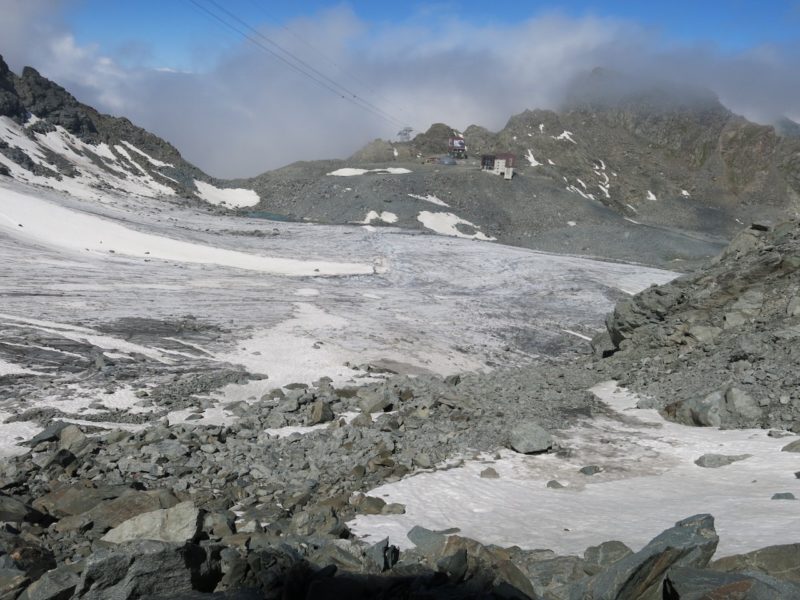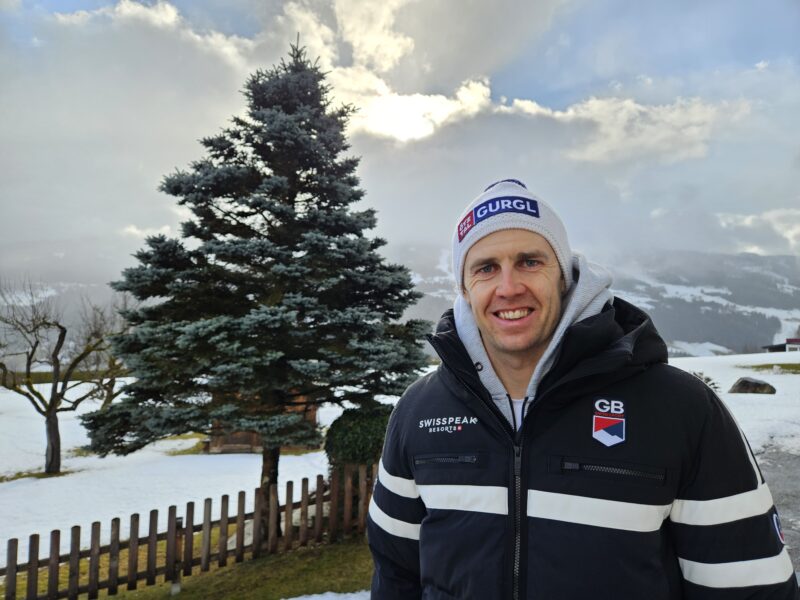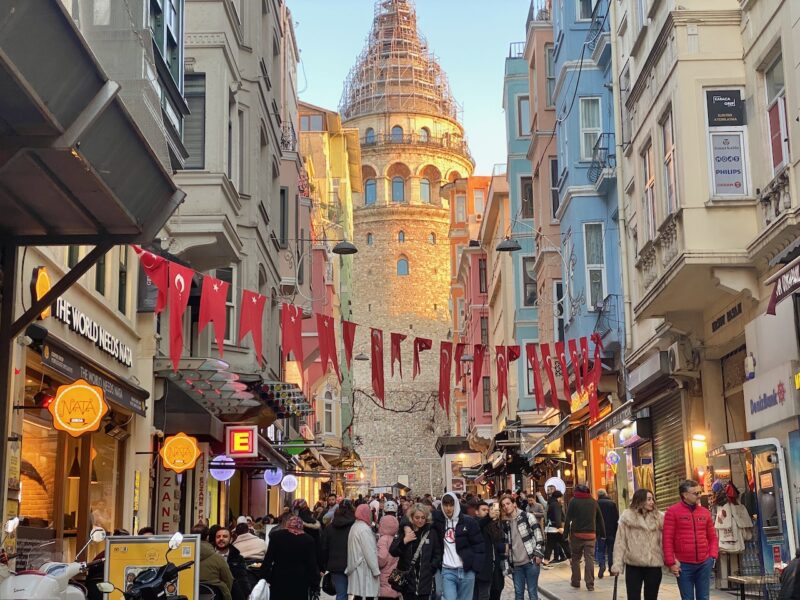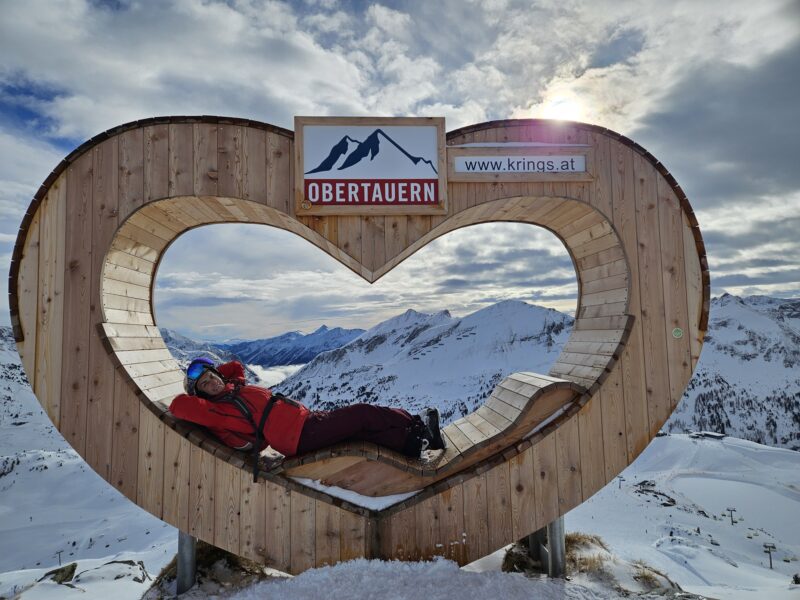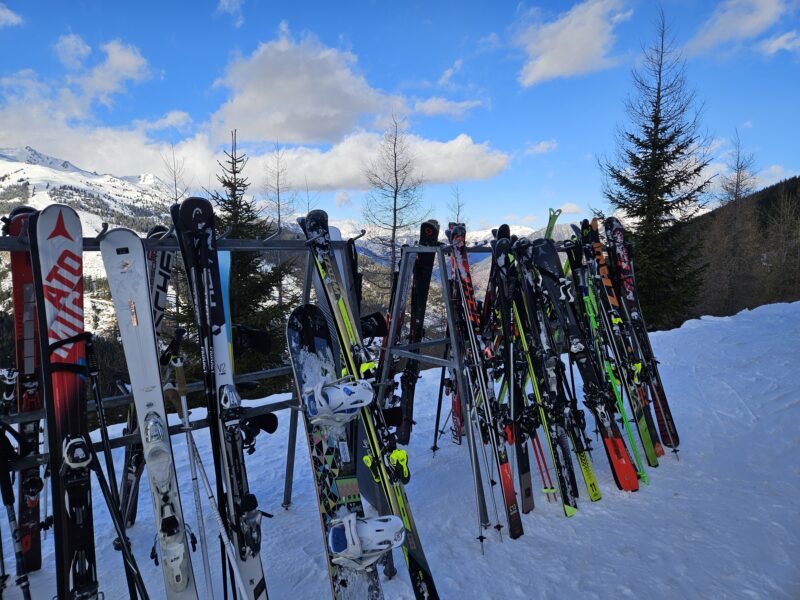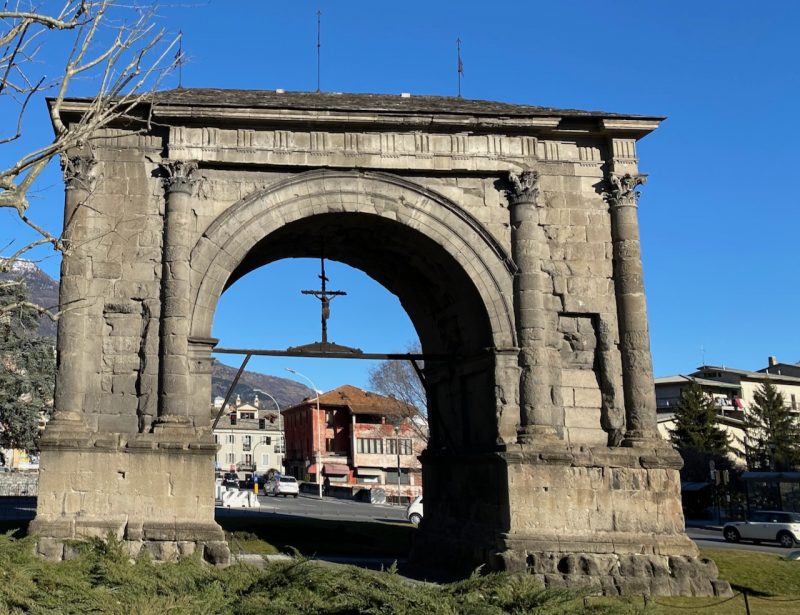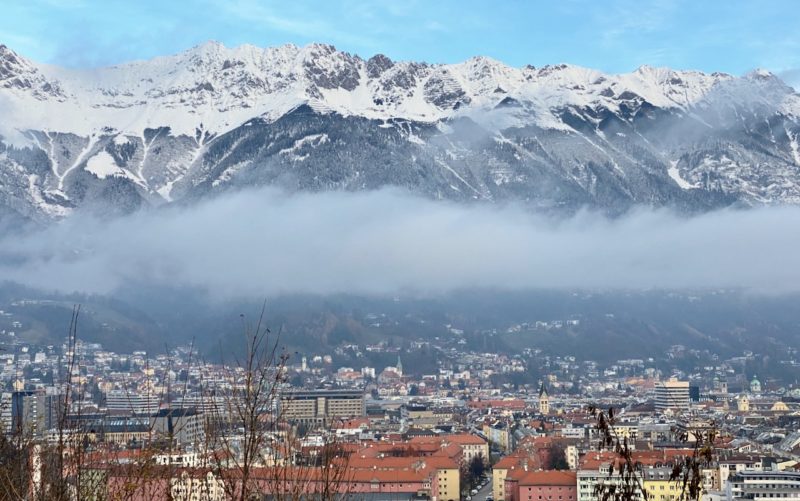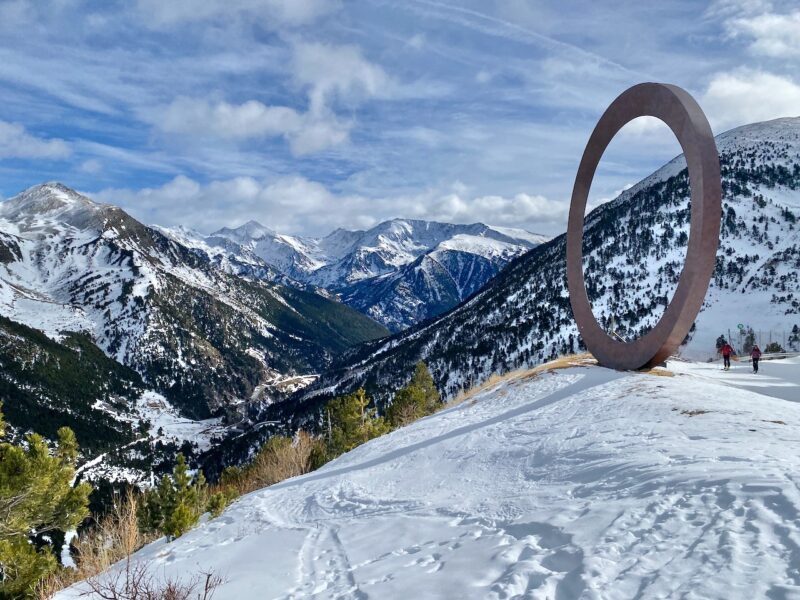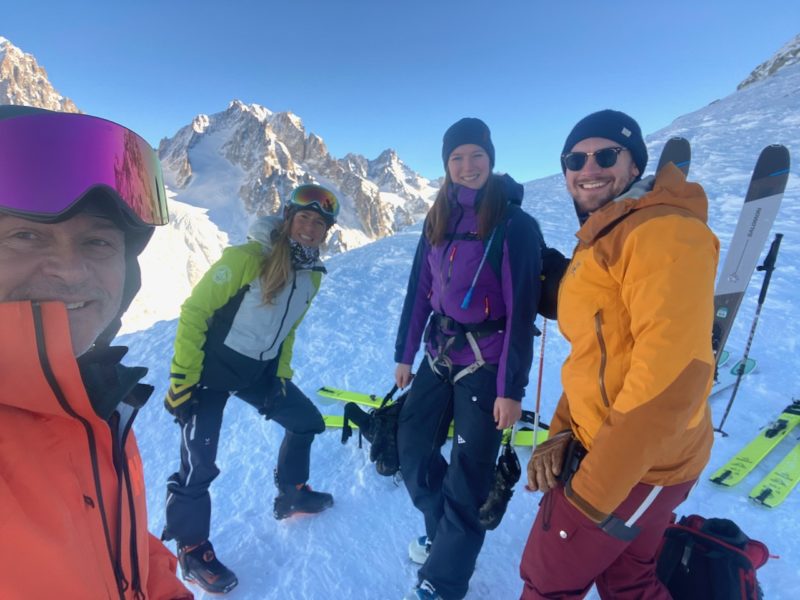Alpine Ski Nations Discuss a Co-Ordinated Approach to Opening
25th November 2020
Last modified on May 20th, 2021
Italy has got the ball rolling and France says it is in discussions. Germay is fully supportive. Austria and Switzerland appear rather less enthusiastic. PlanetSKI examines the chance of success. UPDATED
Germany is seeking an agreement with EU countries to keep ski resorts closed until early January, in an attempt to curb the spread of coronavirus.
Chancellor Angela Merkel told the German parliament that efforts were being made to reach a Europe-wide decision.
“I will say this openly that it won’t be easy, but we will try,” Mrs Merkel said after speaking to Germany’s regional leaders earlier this week.
The Italian Prime Minister, Giuseppe Conte, promoted the issue earlier this week and we reported on it at the time, Italians urged not to go skiing.
Since then France has said it will likely delay the openings of its ski slopes to the second half of January, Ski resorts in France set to stay closed until January.
The French government has promised to “be as consistent as possible with our neighbouring countries”.
President Macon said he would consult with his European partners to try to coordinate start dates for the winter season.
It was preferable, Macron said, to plan for a re-opening of the resorts in January “under favourable conditions”.
The Prime Minister, Jean Castex, said he wanted to see the coronavirus rules for ski resorts “harmonised at European level as much as possible”.
However not all in France agree.
One senior alpine politician, Vincent Rolland who is the Depute of the Savoie region, said “the opening of ski resorts must be done in view of the current health situation and not according to neighboring countries like Italy which has its own reasons for not opening its areas.”
Austrian ministers have indicated they are determined to allow this year’s season to go ahead.
Covid-19 is still surging in Austria despite being under lockdown with 450 cases per 100,000 of population.
Winter Tourism is an essential part of the Austrian economy.
The Austria Chancellor, Sebastian Kurz, said on Wednesday it was “not a matter in which the EU should interfere”.
The Austrian Institute for Economic Research has predicted that if the winter tourism season falters Austria’s entire GDP could shrink by as much as 1.5%.
Skiing is an industry worth billions and the source of livelihoods for hundreds of thousands.
In Tirol every fourth job is related to tourism, and every second bed is a hotel bed.
Resorts have been planning Covid-19 measures over the summer and spending large amounts of money to meet the rules and regulations.
Ischgl has spent more than €700,000 on hygiene and protection that “goes far beyond the government’s measures”.
The Finance Minister, Gernot Blümel, said that if the EU forced the resorts to remain closed, “then they will have to pay for it”.
Compensation would run into billions of euros.
Senior EU officials seem to be particularly concerned over the situation in ski resorts.
Some officials have warned people to call off skiing holidays this year while others have said resorts should be closed.
Speaking to Italian TV, Prime Minister Conte said he was determined to avoid a repeat of the summer when multiple new Covid clusters were linked to holiday hotspots in Italy and abroad.
He said that he was discussing taking a co-ordinated approach with other European countries.
On Tuesday he confirmed that he had talked about “European coordination of health measures on Covid-19 during the Christmas holidays” with President of the EU Commission, Ursula von der Leyen.
Though they had not specifically discussed ski resorts.
Last week we wrote an article on PlanetSKI about what next winter may, or may not, look like.
Events have moved on, but it remains worth a read.
Is there going to be a season for UK skiers this winter?
“We would like there to be European coordination, because closing Arabba or Cortina while people are peacefully skiing down the other side of the mountain would be difficult to justify,” said the governor of the Italian region of Veneto, Luca Zaia.
He called a season without winter sports “suicide” for mountain areas.
The European ski industry generates €34 billion in revenue.
Switzerland, that is not in the EU, is the only alpine nation that currently has its ski resorts open to the general public.
Among them are Zermatt, Saas-Fee, Andermatt, Crans-Montana, Verbier and Engelberg.
Despite increasing cases of covid-19 and hospitals becoming dangerously stretched in Switzerland there is no indication that the ski resorts will close.
Some will be looking at the economic benefits if ski resorts delay opening in neighbouring France, Germany and Italy.
“We now may see much early season opportunity for us,” was how one ski business in Verbier put it.
Last month many quarantine restrictions upon incoming tourists were lifted by the central government in Bern, even as cases surged.
Switzerland remains a European hotspot for coronavirus, though the increase is easing.
It appears to be ‘doing a Sweden’ – limited restrictions that allow cases and deaths to rise, but meaning people can remain less constricted in their daily life.
It will be hoping for some economic benefits, but this has not happened in Sweden.
Sweden’s economic performance has been less than its Scandinavian neighbours of Norway and Finland, that went into lockdown.
The WHO Covid-19 envoy, David Nabarro, said “Once infection rates sink, and they will sink, then we can be as free as we want. But right now? Should ski resorts open? Under what conditions?”
Switzerland’s policy is a high-risk strategy.
Switzerland currently has 349 recorded cases per 100,000 people over a 7-day period.
Italy is slightly higher on 360 and France somewhat lower on 174.
In Germany the Premier of Bavaria, Markus Söder, has said he planned to keep the slopes of his state shut over the Christmas holidays to combat Covid-19.
He urged European nations to follow suit.
Germany has 154 cases per 100,000 people over a 7-day period.
“We just can’t have the classic ski holiday,” said Markus Söder.
Many Germans head to Bavaria and neighbouring Austria to ski or snowboard.
Söder stressed that Germans crossing the border to ski in Austria faced a 10-day quarantine upon return.
“I would prefer to have a common agreement on a European level: no ski lifts open, no ski holidays anywhere,” said Söder.
“If we want to keep the borders open we need a clear agreement on skiing. Otherwise things will get difficult.”
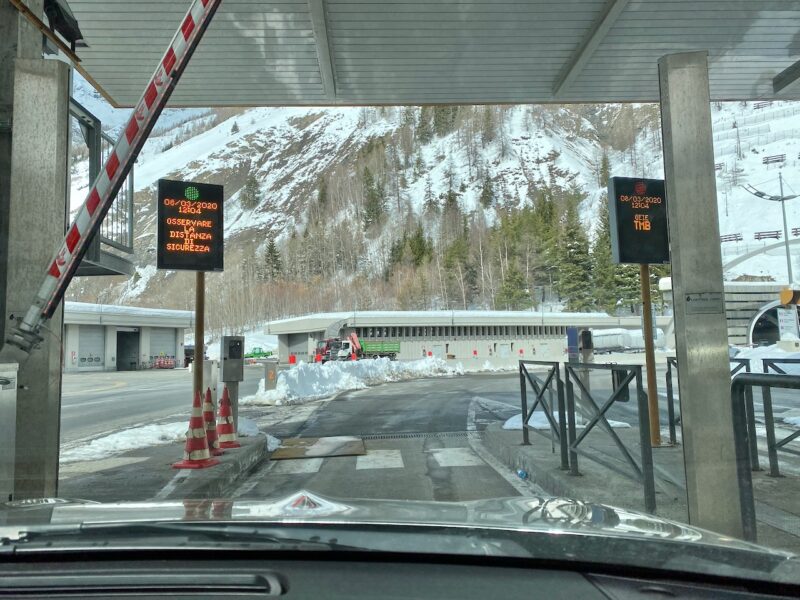
The discussions between the ski nations will be set against a likely winter spread of Covid-19.
All the alpine nations are under some form of lockdown or restrictions, and that has managed to limit the latest surge.
In Italy Dr Franco Locatelli, head of Italy’s national scientific council, says things are finally moving in the right direction – overall hospital admissions and intensive care cases are down on last week.
It is a similar situation in France, though not so in Austria.
Many health experts predict the easing of restrictions over Xmas will bring a rise in cases in January and a likely third wave.
The virus will not be brought under control until vaccines are administered and that is looking likely to be at the end of the winter and into spring at the earliest.
Talks between the alpine nations on a co-ordinated approach are continuing.
Any form of agreement between all the alpine nations seems some way off.

